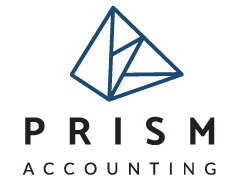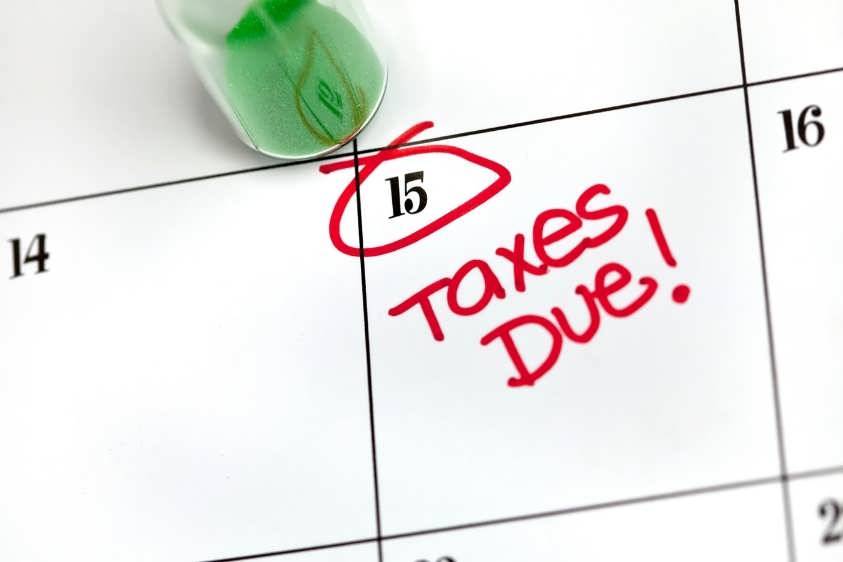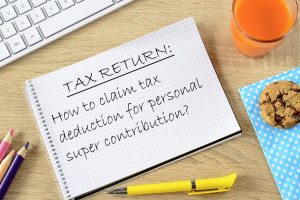As the major tax deadline is approaching fast, it’s time to get your tax return ready for lodgment.
Apart from sending necessary documents to your accountant, there are a few other important things that some taxpayers need to do before lodging their tax return.
1. Take actions on private company loans to shareholders
For private companies, you need to check for any debit loans to shareholders or their associates sitting on the company balance sheet at 30 June last year. If these loans still remain outstanding, you need to take action before lodging the company’s tax return.
If you don’t, these loans will potentially be treated as unfranked dividends in the hands of shareholders under the Division 7A provisions. That means that the amount will effectively be double taxed.
Other examples where the Division 7A can apply include situations where you have unpaid distributions from a trust to a beneficiary company, or if a company provides property to shareholders or their associates for private use.
What do you need to do to avoid the penalising treatment?
Basically, you have two options: you can either repay the loan, or you can put in place a compliant Division 7A loan agreement.
Whatever option you choose, it has to be done before the company tax return is due or before the actual lodgment, whichever is earlier.
2. Make rollovers or concessions choices for CGT events
If you had CGT event happening in the last financial year, you may be able to defer or reduce your capital gain by exercising certain choices available to you under the capital gain tax legislation.
As a general rule, you must make a choice by the time lodge your tax return.
Some choices have to be made in writing but generally, the way you prepare your tax return is sufficient evidence of your choice.
Once you make a valid choice, you cannot change it, so it is important to discuss your options with a professional tax adviser to make sure you get the best tax outcome.
3. Get confirmation of tax deductible super contribution from your super fund
If you made personal super contribution in the last financial year, before you lodge your tax return, make sure that you notify your superfund of your intention to claim tax deduction for it. Once your superfund receives your notice of intent, they will provide you a with letter confirming the tax deductible amount.
You must wait for the confirmation before you are able to claim the tax deduction.
If you are running out of time to get everything ready before your due date, get in touch with your accountant as soon as possible. They may be able to apply for an extension of your lodgment due day.
When is your tax return due?
If you are lodging your Income Tax Return yourself, you must lodge it by the due date 31 October of the following year. However, when you are using services of a Registered Tax Agent, the chances are you are eligible for an extension.
For majority of taxpayers, the due date is 15 May the following year but it could be different for you, depending on your type. Companies with total previous year income of over 2 million and individuals and trusts with tax liability of $20,000 or more in the latest tax return must lodge by 31 March. Earlier lodgment dates apply to larger entities and newly created entities.
You can check due dates by client types on the ATO website. You can also check your due date by logging in to your MyGov account.
Disclaimer: All the information provided on this website is of general nature and does not constitute tax, legal or financial advice. It does not take into account your personal circumstances and is not intended to replace consultation with a qualified professional.







